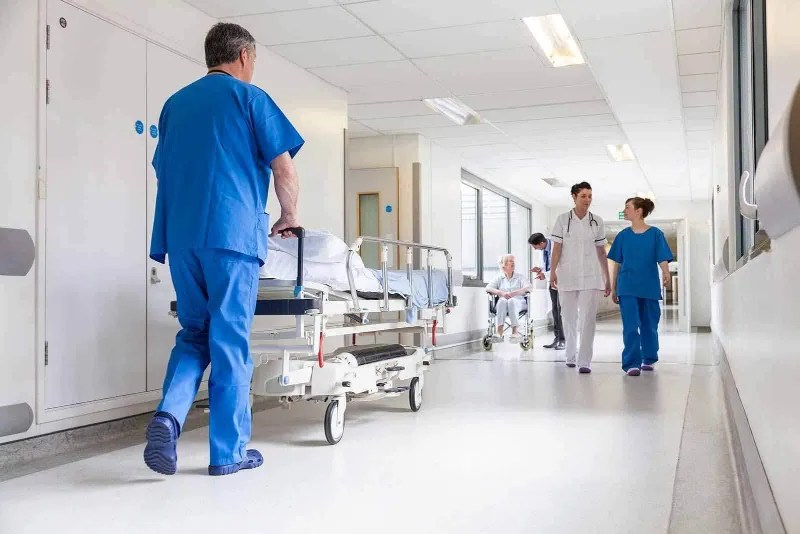
What is a clinical rotation like as a Saba student
Discover the expectations of clinical rotations, the importance, and the experience from Saba alumni.
Clinical rotations are a fundamental part of academic life for medical students. The rotations can take practical learning to an altogether different level. They provide an opportunity for students to experience the medical profession first-hand, away from the world of textbooks and classrooms.
The medical curriculums will include clinical rotations during the last two years of medical programs. These rotations allow students to shadow physicians and residents at the hospital and observe them treating patients upfront. Many medical schools also encourage students to take on a more active role during these clinical rotations.
For more than 25 years, Saba University School of Medicine has been a pioneer in providing students with an excellent alternative to US and Canadian medical schools. With a more affordable tuition than most US medical schools, Saba offers the same quality of education and expansive career opportunities.
If you are an aspiring doctor and interested in studying at Saba, this blog can better acquaint you with the concept of medical school rotations, their importance and the salient features of clinical rotations from Saba University School of Medicine.
What are clinical rotations?
Clinical rotations are the mandatory hospital shifts that medical students need to undertake under heads of different medical departments so that they can get a first-hand experience of what is involved in each medical specialty. Most clinical rotations are conducted during the final two years of your medical education.
During the med school clinical experience, students have access to patient data and are able to witness complex medical complications and conditions first hand. At Saba, students are not limited to observatory roles during their rotations—they are required to take an active part in the treatment of the patients.
What is the importance of clinical rotations?
By the time you graduate medical school, you will be equipped to become a fully-fledged physician. Med school rotations act as the perfect platform to make the jump from an academic stage to clinical practice a seamless process.
These rotations are also important for your medical residency as they can act as informal assessments of your skills. The physicians and hospital administrators you work under in your clinical rotations are the ones who write your recommendation letters. Making the most of your clinical rotations can offer you a wide diversity of opportunities later in your career.
Clinical rotations are also important for students to figure out which specialty they should choose for their residency. Shadowing doctors in almost all the departments can provide them clarity about the pros and cons of every medical department which can make the decision-making process easier.
What can you expect from a clinical rotation as a Saba student?
The electives you have access to in your clinical rotation have a major impact on the kind of doctor you become. The clinical rotations for medical students form a core strength of the medical programs offered by Saba Medical School. Here are the advantages of the Saba clinical rotations:
- Students can complete their core rotations at top teaching hospitals in the US and Canada as a part of the Saba clinical program
- Students can complete their elective rotations at a number of medical centre in the US and Canada
- Saba offers a range of rotation specialties that covers the entire expanse of the medical field
What has been the clinical rotation experience of Saba alumni?
Studying at Saba will ensure you get the best possible clinical rotation experiences in Canada and the US. Previous Saba students have completed thousands of elective rotations across the two countries. The small class sizes at Saba provide the individualized attention which will prove beneficial for your medical training.
Studying at Saba has also enabled graduates to pursue a wide range of specialties They have been able to choose electives from un-grouped specialities such as hospitalist and wilderness medicine. Saba University School of Medicine alumni have gone on to become established physicians in every field of medicine, ranging from epidemiology to pediatrics.
Saba offers a chance to finish the final semesters of your medical degree as a part of the Saba Clinical Medicine Program. Under this, you complete an 8-week research module followed by 72 weeks of clinical rotations.
If you are interested in doing your clinical rotations as a part of this prestigious medical school, why not read about our clinical medicine or basic sciences programs.

For prospective students
Saba is committed to supporting prospective students with any questions or queries throughout the application process. Please see the following links for detailed information about each topic:
If the information you are seeking is not provided here, please get in contact by contacting via WhatsApp here.
Get in touch for more information